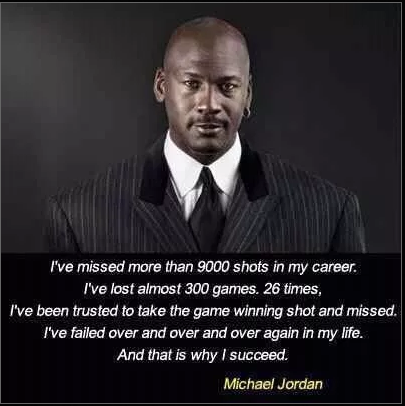I've been a bad loser. I've thrown tantrums like you describe your girlfriend does. I have recovered (reasonably), but it took me years. Your girlfriend may have different variables during her recovery, so it may take longer or shorter, but it will far from instant.
This is something you can't solve for your girlfriend. She has to learn to accept that losing is okay. This is something she has to do and you can only support her, so don't blame yourself if you don't succeed. Let's outline a few steps you can take. There are two sides to this answer, but they are tightly interwoven. An interpersonal one for you and an intrapersonal one for your girlfriend. This site is called Interpersonal skills, so I'll focus on your interpersonal skills, but I think focusing on her intrapersonal skills is important here too.
Most importantly, don't judge. Not in the moment, not afterward. The feeling of losing is not a fun one, not to anyone. We can learn to cope with it, but it will never be fun. Judging her for feeling bad won't make her feel better.
Do not try to provide criticism in the moment. Someone who is experiencing strong negative emotions is rarely receptive to criticism. Instead show support. Relate to her. Losing does suck, but it's also part of life. Don't rub the "it's part of life in", but don't leave it out either. You don't want to make her feel worse, but at the same time you don't want to reward her for throwing a fit.
Help her figure out why she hates losing. You can try a little mind game with her, this one worked with me. (When she's feeling happy or neutral, not after she has just lost or is feeling tired)
Why do we play games? Are games fun if we always win? Your first answer may be "of course!". But is that the case? Imagine a computer game for a moment. The moment you start it, 5 seconds in, it shows the screen "you win!". You won. Does that game sound fun to you? Winning is fun if we overcome a challenge. A game needs a challenge. More difficult challenges that we can still win are often most fun. Ever played this really difficult game of chess that you barely won? That is a great feeling.
Games are most fun when we play it in a level that is close to our skill level. To be able to have a meaningful win, we must have losses sometimes. Wins don't mean anything without a loss.
A loss allows us to reflect on how we can improve and to get better. A loss is a game on it's own. Losing is just an opportunity to improve. Getting back up, getting better and learning, that's the goal. Maybe it's the journey, not the destination?
This is a mindset, some people have it naturally (like you, it seems), others can be taught (like me and your girlfriend). Changing a mindset is not easy. As I said earlier, you can only support her, but she needs your support. Be gentle and don't force your opinions on her (yes, I share your opinion on winning/losing now, but don't forget that a mindset is still an opinion!) or you will be met with stubbornness. Be her ally, not her enemy.
That can be a tactic even. Challenge a game together or even other players. I love 2v2 matches with my boyfriend in World of Warcraft, for example. We fight a common enemy. If we lose, we'll talk about how we can improve. Not blaming the other person is something I had to work on here.
For working together, I can recommend Minecraft (preferably a quest pack with goals) for a computer game or Pandemic and Arkham Horror for board games.
A final note: games have a degree of chance and a degree of skill. Some games are 100% chance (roulette) and other games are 100% skill (chess), but most games are somewhere in-between. Dealing with losses in chance games is different than dealing with losses in skill games, but it sometimes gets difficult when a game has both elements. I dealt with games with mainly skill elements in my answer. Chance elements require a different but similar approach. In the first stages of recovering, I found it difficult to deal with losses in games that had both elements, even if I could handle the elements separately.
